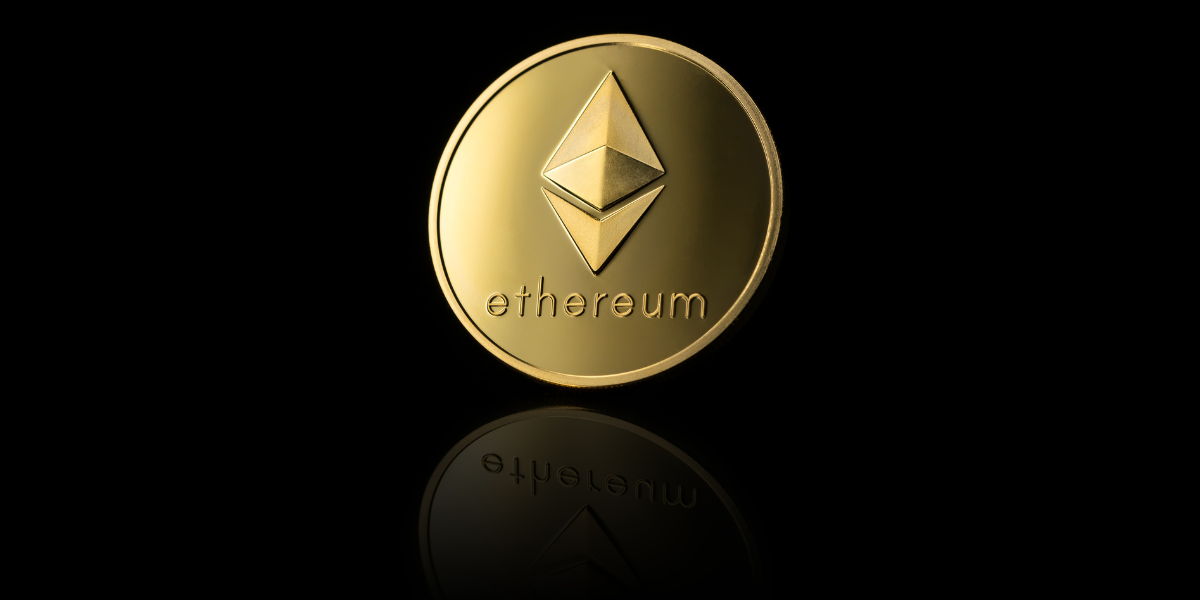ETH is revolutionizing the way transactions are conducted while traditional payment methods still involve high fees and long processing times.
Businesses are actively seeking a solution that is both efficient and secure. Luckily for them, blockchain technology offers an innovative approach to address both of these challenges.
By utilizing Ethereum, individuals and businesses can leverage a decentralized, transparent, and cost-effective payment system to enhance their financial operations.
Here’s a full list of the top 10 benefits of using ETH as a payment method:
1. Fast Transaction Speed
Ethereum’s transaction processing capabilities are notably swift, setting it apart from traditional payment gateways, thereby ensuring a remarkable enhancement in transaction efficiency.
Transaction speeds on Ethereum are significantly faster than those on many alternative payment platforms.
Ethereum’s block time averages around 13 to 15 seconds, greatly reducing the waiting time.
The speed at which transactions are confirmed on Ethereum’s network is crucial for businesses and individuals.
Faster confirmation times lead to a smoother and more streamlined user experience, particularly important for global commerce.
2. Lower Transaction Fees
One of the significant benefits of using Ethereum lies in its lower transaction fees.
Compared to traditional banking systems and other payment processors, Ethereum’s fees are significantly more cost-effective.
They typically range between a few cents to a couple of dollars, depending on network congestion.
This lower cost appeals to both businesses and consumers, helping them save significant amounts on transaction expenses.
This is particularly advantageous for small and medium-sized enterprises seeking to maximize their profit margins while maintaining efficient payment systems.
3. Enhanced Security
Ethereum offers an unparalleled security framework, reassuring users a fortified stance on their digital financial transactions, fostering a trustworthy ecosystem.
Its blockchain technology ensures that every transaction is immutable and transparent.
Therefore, unauthorized alterations and fraudulent activities are essentially eliminated, providing peace of mind to users.
Additionally, Ethereum’s smart contract feature further enhances security by executing transactions only when predefined conditions are met.
It fosters an environment where users can confidently engage in transactions, knowing their investments are protected by robust cryptographic protocols.
4. Global Accessibility
Ethereum is designed to transcend traditional financial barriers, offering a payment method accessible to anyone, anywhere, with an internet connection.
Residents of underbanked regions gain unprecedented access to financial services.
Traditional banks have restrictive barriers that can exclude many; Ethereum breaks these down through decentralized finance (DeFi).
This technological inclusiveness empowers individuals and businesses in remote or developing areas.
They can now engage seamlessly in global commerce, unlocking new economic opportunities previously inaccessible.
5. Decentralized Network
Ethereum operates on a decentralized network, ensuring that no single entity has control over the entire system.
This decentralization not only engenders a trustworthy environment but also enhances the resilience and security of the network.
Transactions are verified and recorded by multiple nodes, reducing the risk of fraudulent activities and system failures.
Ethereum’s distributed ledger is a pivotal element of its foundation.
In eliminating the need for intermediaries, it fosters a more transparent and efficient ecosystem whereby users can participate directly in financial activities.
By democratizing access and control, it empowers individuals and businesses alike to engage in secure, transparent trading, fostering innovation and growth within the global economy.
6. Smart Contract Capabilities
The Ethereum blockchain is renowned for its smart contract functionalities.
These contracts, or self-executing code sets, operate automatically when predefined conditions are met.
This feature eliminates the need for intermediaries, ensuring more transparent transactions and reducing the inherent risks of human error or manipulation.
For example, in the context of supply chains, smart contracts can automate payments once goods reach their destination.
This application streamlines processes and enhances accountability, providing significant efficiency gains for businesses.
Ultimately, smart contract capabilities transform Ethereum into a versatile platform for various industries.
7. Transparent Transactions
Ethereum stands out for its commitment to transparency in financial interactions.
Each transaction on its blockchain is meticulously recorded, allowing users to verify details independently, negating trust issues.
By ensuring that transactional information is publicly accessible, Ethereum reinforces the principle of decentralization while enhancing operational integrity.
Moreover, transparent transactions offer the advantage of traceability. This ensures that money flows are visible, promoting ethical behavior and compliance with regulations.
Thus, Ethereum’s transparency not only appeals to tech-savvy individuals but also attracts enterprises that value operational accountability.
8. Growing Adoption
Ethereum is steadily gaining mainstream acceptance globally.
Major corporations from varied sectors now accept Ethereum, and in fact, there is even an Ethereum ETF now.
This trend signifies a shift in how businesses view and utilize cryptocurrencies.
Even renowned companies such as Microsoft, Overstock, and Shopify have already integrated Ethereum payment solutions, showcasing its versatility and wide-reaching application.
Join them and learn how to accept ETH on your website today.
9. Integration with DApps
Ethereum’s ability to seamlessly integrate with decentralized applications (DApps) revolutionizes the application of smart contracts, thus broadening its functional scope significantly.
Developers find Ethereum’s ecosystem particularly appealing due to its robust infrastructure.
This seamless integration allows for innovative development of new services that can interact with smart contracts, creating a myriad of opportunities for entrepreneurship, investment, and the expansion of peer-to-peer economies.
This not only reduces intermediaries but also ensures a transparent and secure transaction environment, paving the way for continued technological advancements and greater consumer trust.
10. Potential for Appreciation
Ethereum’s unique attributes extend beyond the typical usage as a payment method as we think about its potential for price appreciation?
From humble beginnings, Ethereum’s value skyrocketed, drawing the attention of investors worldwide.
Today, it’s not just speculation that drives Ethereum’s value; it is also fueled by its utility within the large network of decentralized applications and smart contracts.
Investors looking at the macro scale see Ethereum not just as a currency but as a transformative technology. Its integration with Web 3.0, along with promising advancements, underscores its potential for significant appreciation.
In essence, Ethereum offers not only immediate transactional benefits but also compelling long-term value propositions.


 Tags:
Tags:










